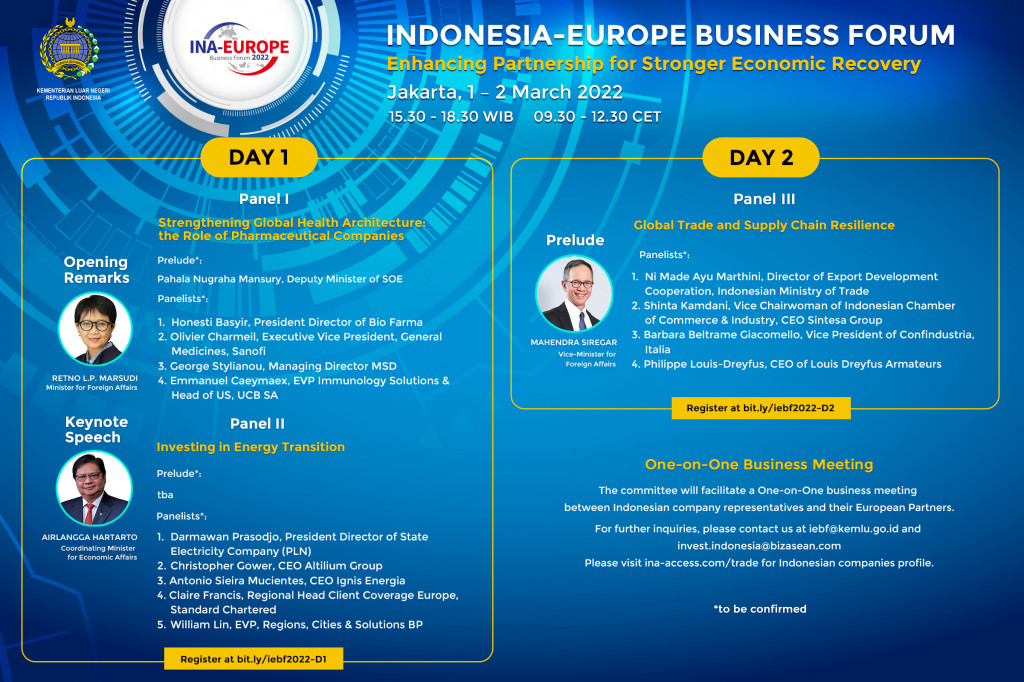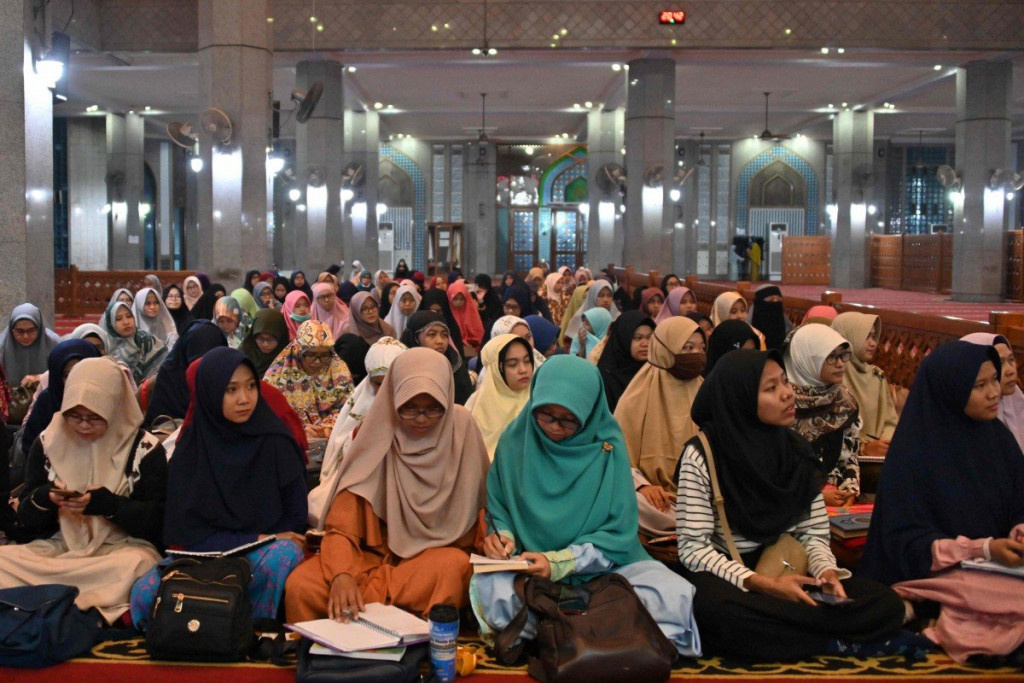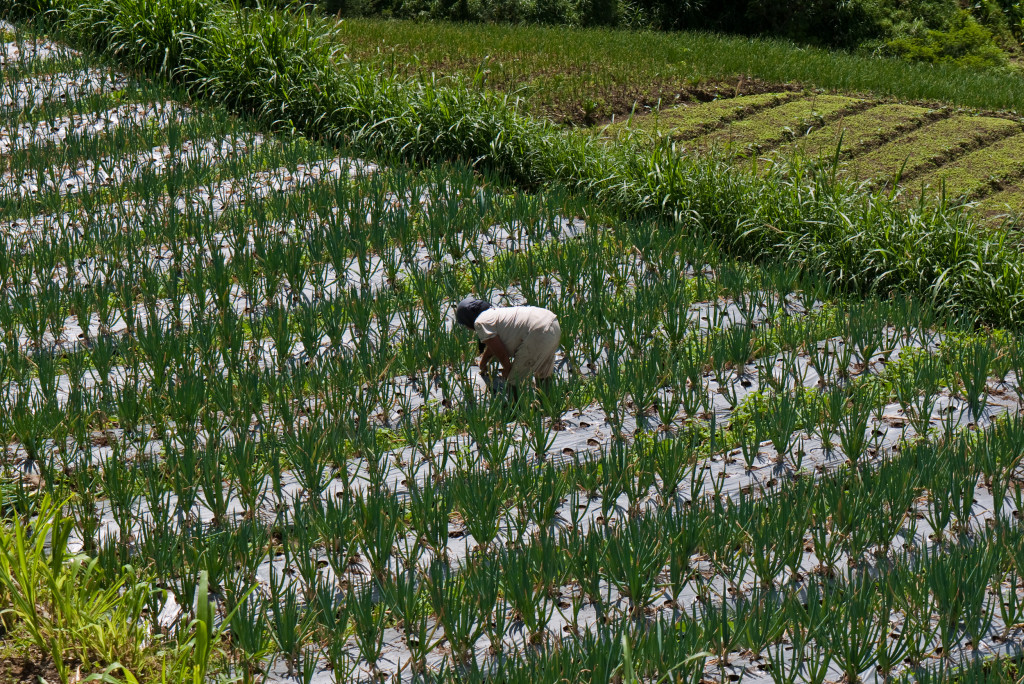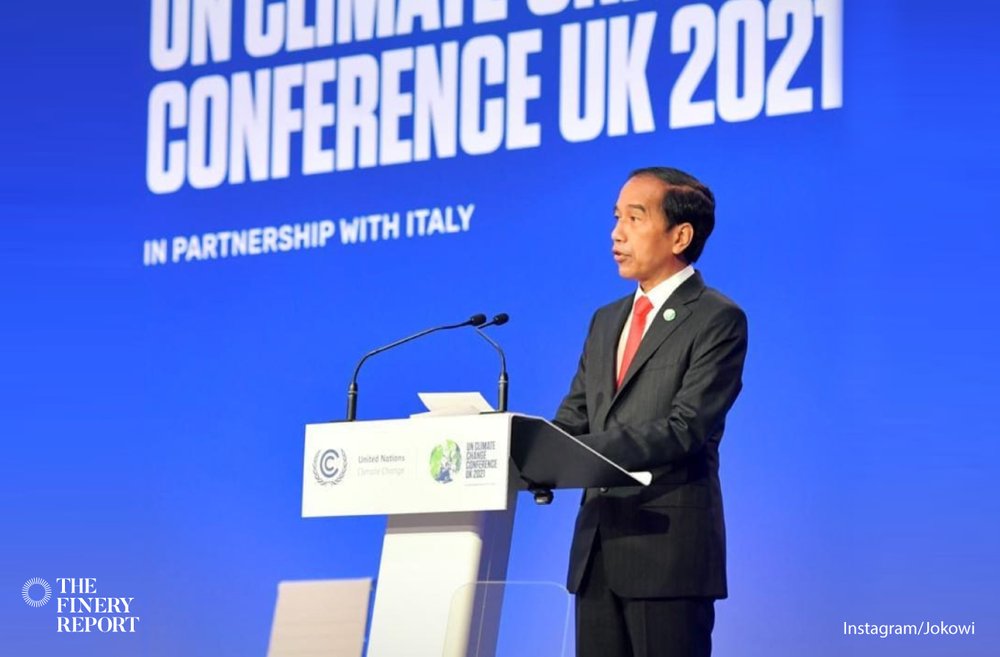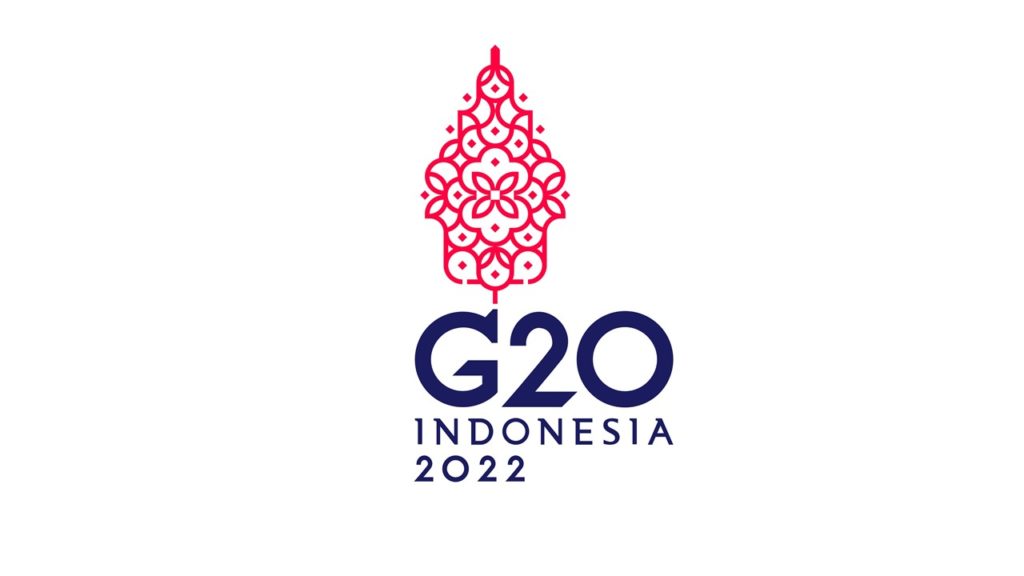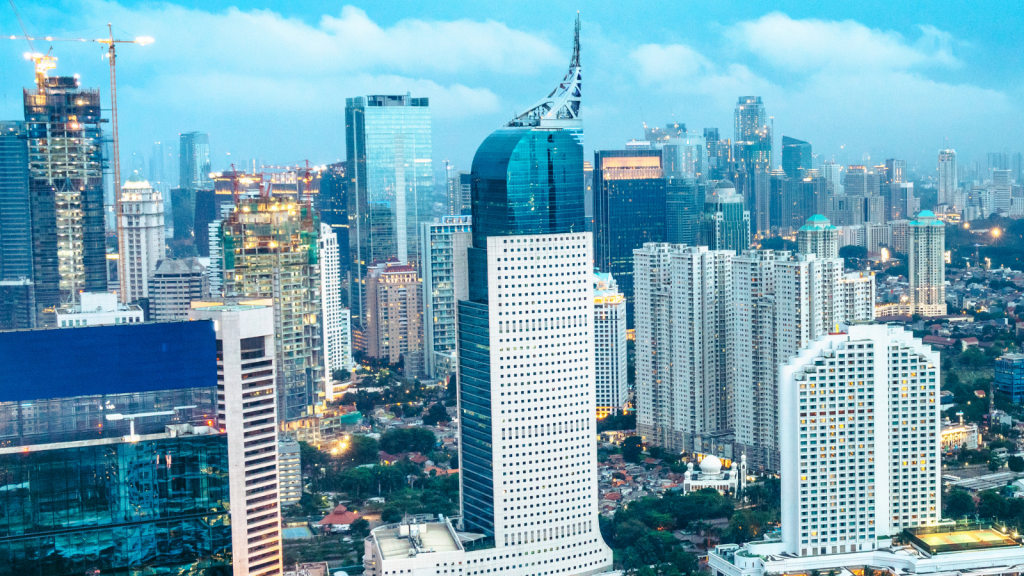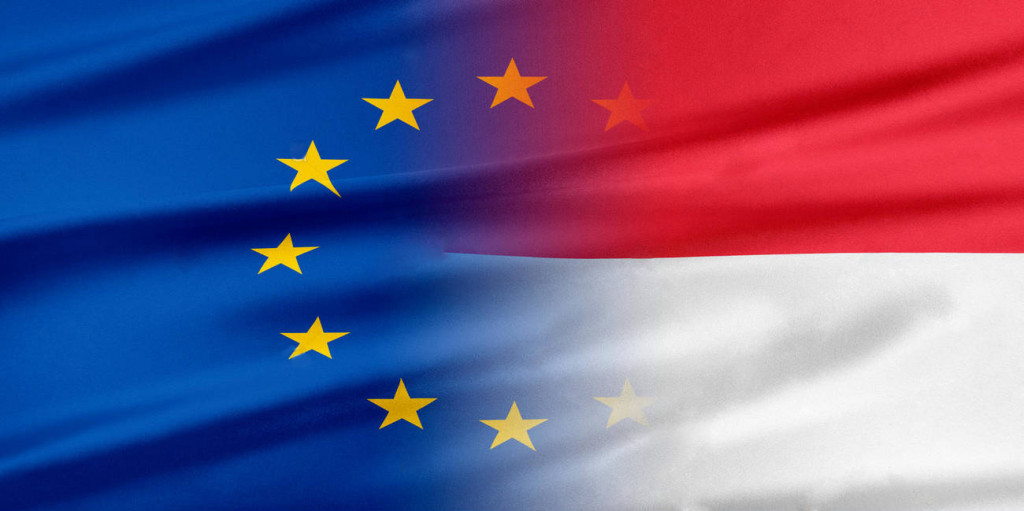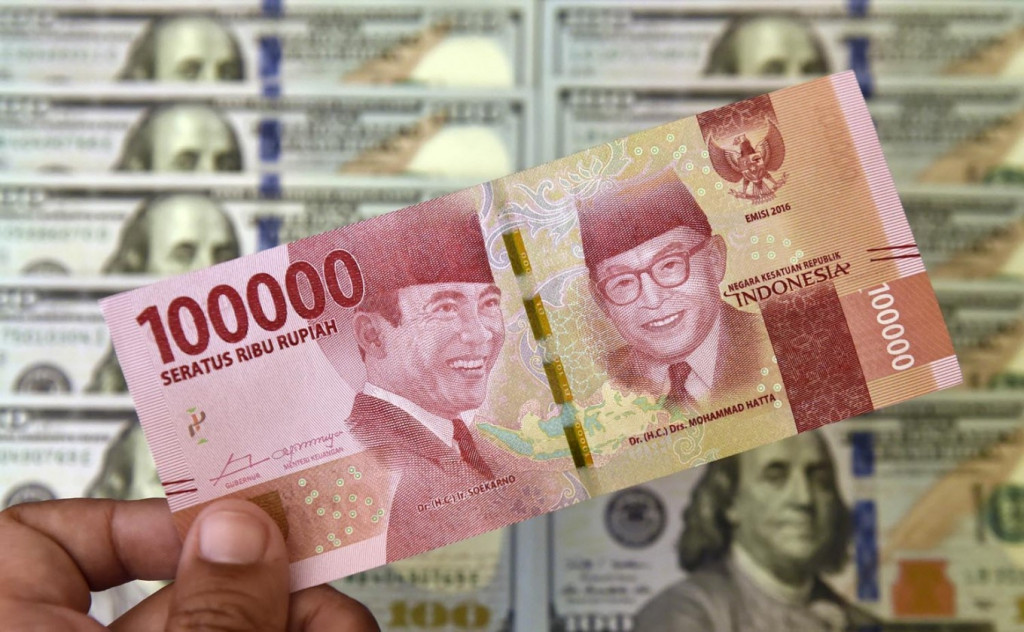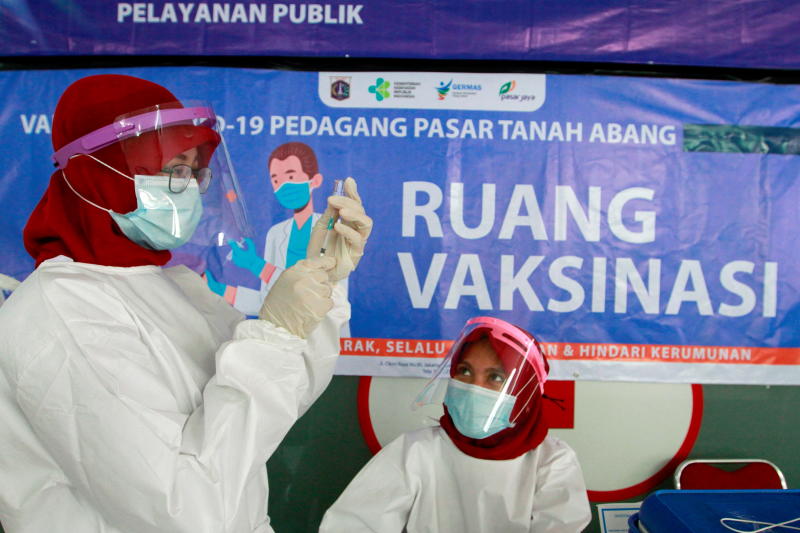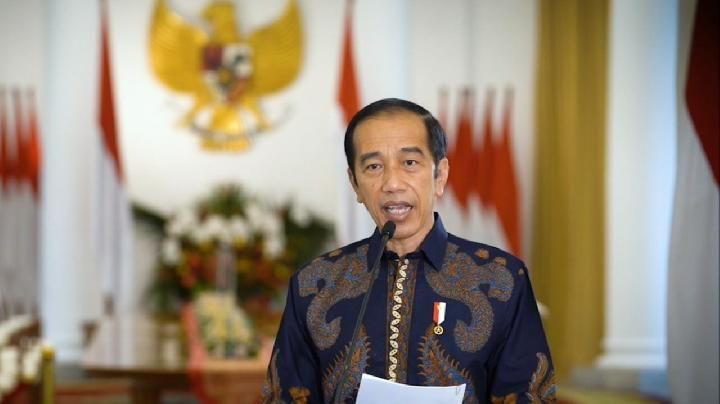Special G20 Indonesia /
From the commitments made during the Glasgow Climate Conference to the goals of the G20 presidency: this is what the future of Jakarta can be.
This year’s COP26 summit was hosted by governments of the UK and Italy in the Scottish city of Glasgow. As every year, the COP is an important moment that brings almost all Countries with the goal of ensuring a prompt action on climate change. Despite challenges posed by the pandemic, climate change continues to generate serious environmental, social and economic consequences. This year’s summit had the difficult task of dealing with the failure of the last COP25, held in Madrid in 2019, and presented some challenges including competing interests between developing and developed countries, the issue of climate finance and unsolved rules for international coal markets that were in the article 6 of the Paris Agreement.
The conference agenda was divided into five sessions:
- scaling-up adaptation;
- keep alive 1.5 °C;
- loss and damage;
- finalization of the Paris Regulation – article 6;
- mobilization of finances.
Since the beginning of the Conference has emerged the strong (but mostly necessary) political will of world leaders to achieve global environmental goals, but Indonesia, given its exposition among the major contributors to global climate change, what climate efforts is it making, and what strategies is it putting in place to positively influence its internal and international environmental impact?
“Indonesia is a super powerful country in the field of climate change migration”, these were words of Alok Sharma, President designate for the 26th United Nations Conference of the Parties on Climate Change, to Indonesian Minister of environment, Siti Nurbata, during the highly anticipated meeting in Glasgow. The British government declared that the collaboration with Indonesia was one of the most important elements of Britain’s success as COP26’s host and expressed the desire of a continuity between the two parties, realized and strengthened through the joint leadership in the Forest, Agriculture and Commodity Trade (FACT) dialogue.
The climate summit offered Indonesian president Joko Widodo (“Jokowi”) the opportunity to voice his vision of Indonesia as “bridge builder” and global issue solver. He underlined the government’s seriousness about controlling climate change and affirmed it is among the country’s main national interests; he encouraged world leaders to promote green development and increase climate resilience, as reflected in the Nationally Determine Contribution (NDC) update presented at the United Nations Conference in July this year.
To date, Indonesia has submitted several papers to the United Nations Framework Convention on Climate Change (UNFCCC), 8 in all, ranging from those related to adaptation to those pertaining to financing nature-based solutions. In each of these documents, the Indonesian government reiterated its commitment to reduce emissions by 29% compared to the Business As Usual (BAU) scenario in 2030. At the Conference, Indonesian Minister for the environment, Siti Nurbaya Bakar, added that with international help, it could be achieved a more ambitious scenario, reaching a reduction of 41% of emissions and, in this way, comply with the Low Carbon Compatible with Paris Agreement (LCCP). Within 2030, Indonesia will approach the status of being a net carbon sink in the sector of silviculture and in land use: the government plans to gradually reduce the use of coal to 60% by 2050 and will move towards a net-zero emissions status by 2070.
As head of the Republic of Indonesia’s delegation to COP26, at the Conference, Minister Siti introduced the government’s Road Map for Climate Change Adaptation until 2030. This new path has foreseen (and foresees for the future) several initiatives: the first one has seen the active involvement of the community through the Climate Village Program (ProKlim), Ecoriparian: a program that aims to restore the mangrove ecosystem and agro-social forestry as a phase of work for climate adaptation. The program also involved and integrated the work programs of Ministries and Agencies, local governments, the private sector, and local community leaders.
The second initiative in climate change control action is “Indonesia FoLU Net-Sink 2030”. This ambitious goal will be accompanied by an operation manual, whose completion is expected by the end of 2021, with supervision and control purposes. The Indonesian action on climate change in the energy sector aims at phasing out coal-fired power plants, to the implementation of waste-to-energy plants, the development of energy from biomass, hydropower, solar and photovoltaic energy, geothermal energy and the conversion of high-cost diesel power plants with gas and NRE.
In the session devoted to “Finalising the Paris Rulebook – Article 6”, Indonesian Deputy Minister Alue presented a proposal to find a common solution to implement Article 6 of the Paris Agreement:
- increase the ambition and implementation of results of the NDC (Nationally Determined Contribution) through a cooperative approach and financial support among member states while continuing to ensure the achievement of environmental integrity from the mitigation actions carried out;
- to avoid a double claim in emission reduction, Indonesia proposes to use the best methodology in preparing the baseline, transparent in reporting and base on national circumstance;
- in terms of disbursement of funds for adaptation activities may be made by prior agreement of the two cooperating parties;
- Indonesia also encourages the adoption of Article 6 of the Paris Agreement at COP 26 in Glasgow, considering its importance in supporting the increased ambition and implementation of the NDCs to achieve the long-term goal of reducing global temperatures to 1.5°C.
COP26 in Glasgow was also the starting point for the discussion of the New Collective Quantified Goal (NCQG). For Indonesia, the NCQG must reflect real need and ensure that finances effectively flow to developing countries. The NCQG discussion process can be initiated from a political and technical perspective. Multilateral or bilateral formal and informal meetings can be used to obtain input and opinions from parties who may be part of the process. The entire process must be inclusive and transparent. The NCQG also needs to be more ambitious and understandable to both developed and developing countries and more balanced in terms of the use of climate finance for mitigation and adaptation.
Minister Siti Nurbaya Bakar paid special attention and emphasis on the economic and financial aspect encouraging developed countries to take the lead in providing to developing countries with financial resources needed to implement climate programs. The trade-off between economy and environment is a real issue. The coordination between central government and local leaders is another challenge that Indonesia must resolve to reach its climate goals. As a big developing country, with the fourth-largest global population, Indonesia will need USD 5.7 billion every year to finance its transition to green energy. The challenge is not in drafting or signing agreements and decrees, but in the coordination and execution needed to implement them efficiently. Climate actions require strategic policies and financial cooperation among interested parties at national and global levels. Hence, the Indonesian government's hope is to continue pushing for a support for increased climate finance, including through a fiscal policy and increased access to global finance.
Minister Siti concluded his speech with a positive note referring to young generations that have great concerns for the environment and push the Indonesian government to take climate change more seriously. A 2020 Indonesia Bright Foundation survey revealed that 97% of Indonesian millennials see that impacts on climate change are equally or more dangerous of the COVID-19 pandemic. 63% of interviewees affirmed that government performances were the main obstacle to climate efforts. Even the Indonesian leading foreign policy group, the Foreign Policy Community of Indonesia, has recently issued a strong call to the government to protect the nation on the golden centenary (2045) from the threat of climate crisis. The awareness of climate change in Indonesia is growing and could support a more robust government effort.
Indonesia to the G20 presidency of 2022
For the first time since the founding of G20 in 1999, Indonesia has been nominated to assume the G20 presidency from December 1st, 2021, to November 30th, 2022. The modus operandi that the Country will adopt for next year’s Summit will be to focus the international dialogue on efforts to achieve a sustainable, stable and balanced economic recovery in the post-pandemic world.
The Indonesian Foreign Minister, Retno Marsudi, has anticipated that next year’s Summit will be hosted on the island of Bali with strict health protocols and will be entitled: “Recover Together, Recover Stronger”.
The chosen topic has the goal to encourage joint efforts for global economic recovery. An inclusive people-centered growth, environmentally friendly and sustainable growth is Indonesia's main commitment as chair of the G20. “These efforts must be advanced through a stronger global collaboration and an incessant innovation. The G20 must be the driving force of the ecosystem development that leads to collaboration and innovation”, added President Widodo.
At the time of the G20 creation, the Asian financial crisis of 1997-98 had strong consequences for Indonesia: the drop in GDP (-13.1% in 1998) and the increasingly strong popular protests led to the fall of the Suharto regime. Under the leadership of his successor, Habibie, the Country embarked on a path of democratization and economic reforms that have led it to become one of the most dynamic economies of Southeast Asia. Together with Saudi Arabia and Turkey, Jakarta is a G20 member with an Islamic majority, but it brings forward quite different demands from the other two mentioned entities. In fact, since the beginning, Jakarta had assigned itself the role of intermediary within the Group of 20 between western economies and BRICS Countries (Brazil, Russia, India, China, South Africa). Indonesian mediation has also been important in raising awareness of emerging countries issues and external economies of the Group of 20. The Indonesian experience has allowed Jakarta to provide to G20 a point of view of a rising Country and to identify a support scheme for nations that, as often occur regarding developing economies, have a reduced margin of fiscal measure.
In addition to its role as an intermediary, Indonesia in the G20 performed the key function of representing of ASEAN within the Group. In fact, Jakarta is the only G20 member belonging to the economic union that also includes Brunei, Cambodia, Thailand, Laos, the Philippines, Vietnam, Malaysia and Myanmar. Therefore, Indonesia has always participated in the G20 and has always been the bearer of ASEAN positions. The presence of Indonesia within the G20 is due to the economic and demographic weight of Jakarta, but also to the need to include in the Group of Twenty a representative of a region of growing importance in global trade.
Jakarta has always seen the G20 as an opportunity to bring Southeast Asia’s demands on a global level, particularly the preservation of a stable regional architecture and the integration of the region into the global economy.

